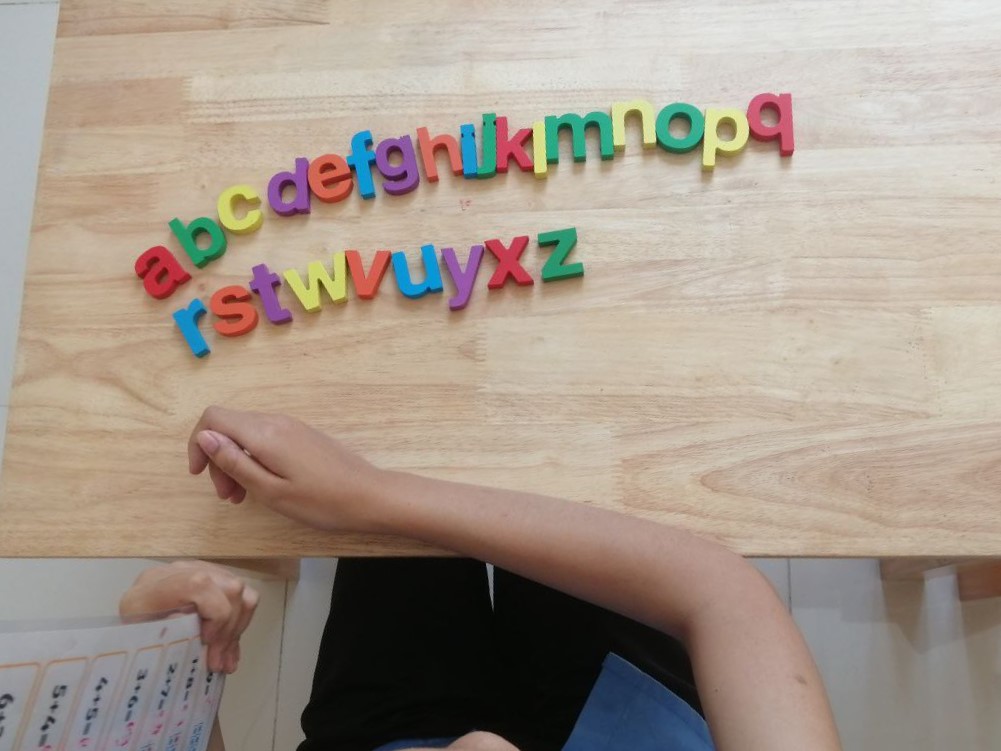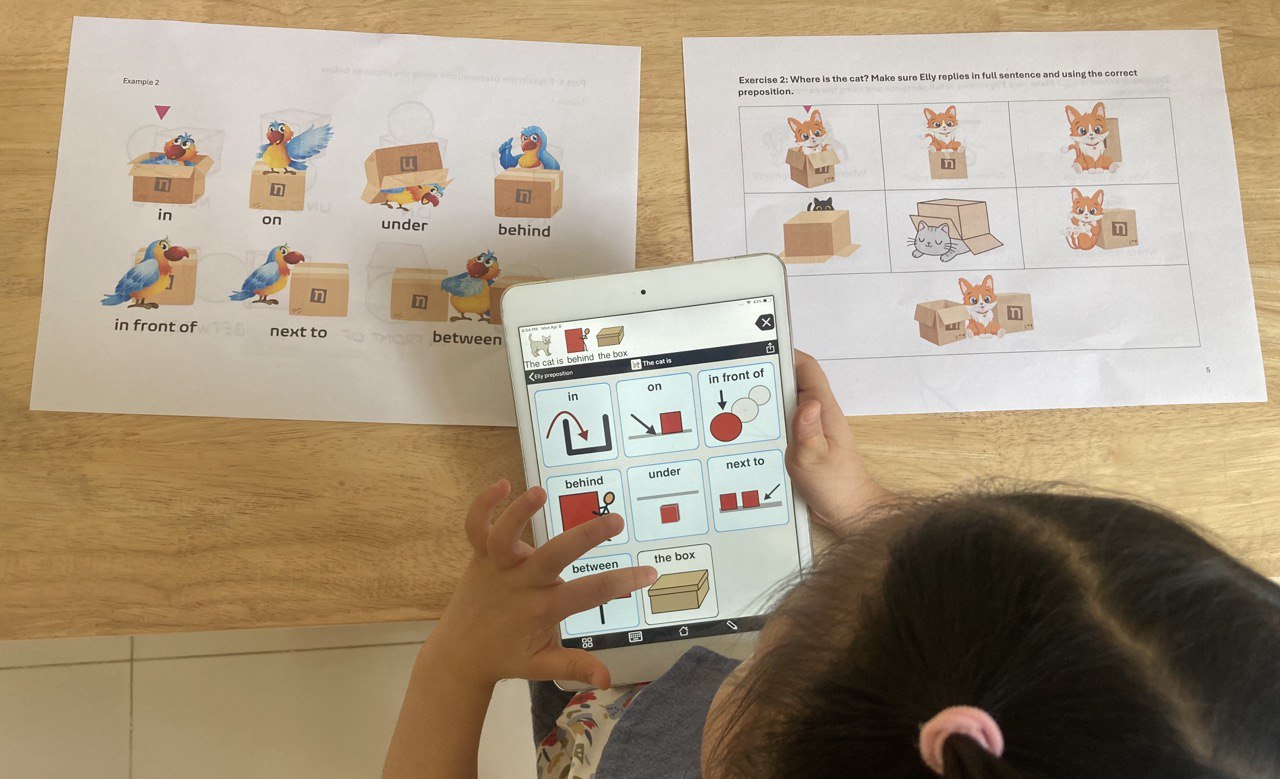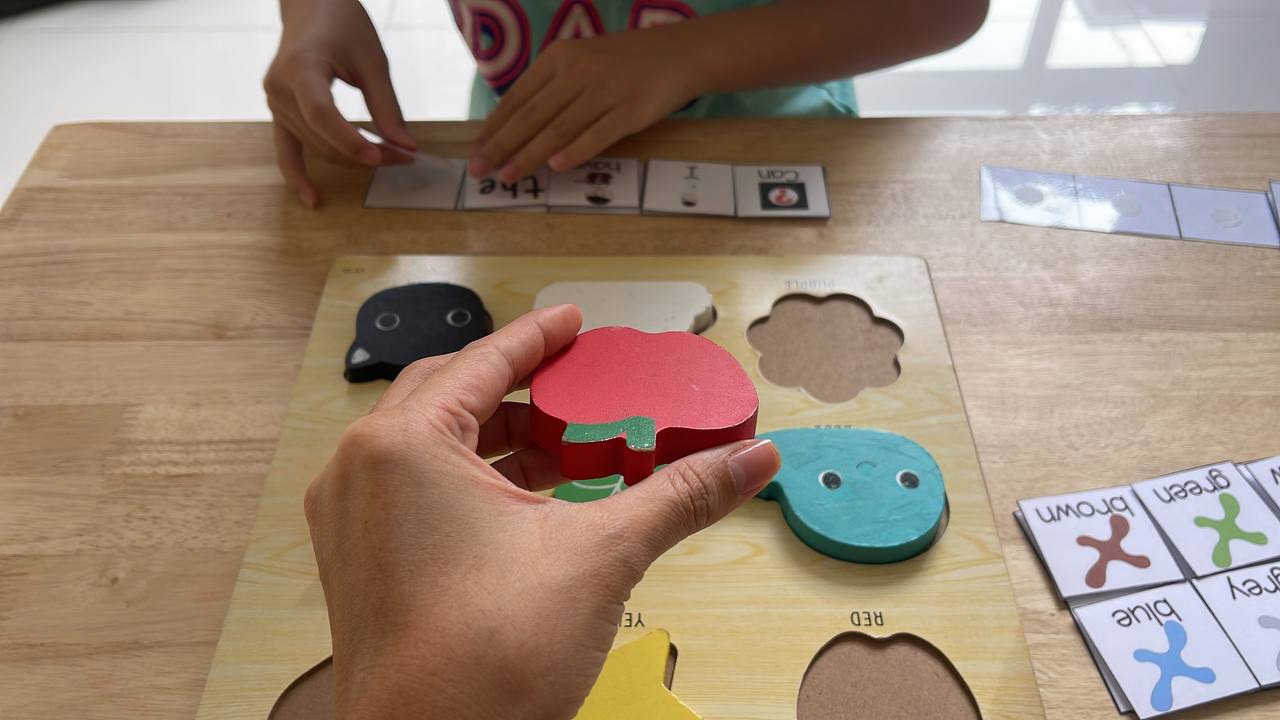Learning the alphabet, a foundational step in literacy development can be exciting for most children. However, for special needs students, this essential skill may require specialized approaches and adaptations. Whether your child has auditory processing difficulties, fine motor delays, or challenges with attention, finding engaging and effective methods is key.
Understanding Diverse Needs:
Special needs encompass a wide spectrum of learning styles and abilities. Each student’s path to alphabet mastery will be unique, requiring individualized instruction and support. Recognizing these differences is key to tailoring your approach.
Sensory Integration:
Many special needs students learn best through multisensory experiences. Engage their senses with tactile materials like textured letter cards, playdough letter molding, or sand tracing. Utilize visual aids like colorful flashcards, alphabet charts, and interactive games. Auditory learners benefit from catchy alphabet songs, rhymes, and stories.
Movement and Play:
Incorporate movement into your lessons! Turn letter recognition into a fun game of hopscotch, hide alphabet magnets around the room for a scavenger hunt, or create a life-size alphabet with students posing as each letter. Active learning enhances engagement and memory retention.
Technology as a Tool:
Technology can be a powerful ally in alphabet instruction. Utilize educational apps and games designed for special needs students, offering interactive activities and personalized learning paths. Interactive whiteboards and touchscreens can provide engaging ways to practice letter recognition and writing.
Building Associations:
Make the alphabet meaningful for students by connecting letters to their interests and experiences. Use familiar objects, names, or animals to represent each letter. Create personalized alphabet books with pictures and stories, or encourage students to draw their own associations.
Positive Reinforcement:
Celebrate each student’s progress, no matter how small. Positive reinforcement builds confidence and motivates them to continue learning. Use praise, stickers, or reward systems to acknowledge their achievements.
Collaboration and Support:
Work closely with other educators, therapists, and families to create a consistent and supportive learning environment. Share effective strategies, monitor progress, and adjust approaches as needed. Collaborative efforts ensure seamless learning across different settings.
Beyond the Alphabet:
Remember, mastering the alphabet is just the first step. Gradually progress to phonics, blending sounds, and eventually, reading. Integrate alphabet learning into other activities like singing, storytelling, and creative writing to build a holistic understanding of language.
Effective Strategies for Different Needs:
- Visual Impairment: Utilize tactile materials, large print alphabet charts, and audio recordings of letter sounds.
- Auditory Processing Disorder: Focus on visual aids, multisensory activities, and repetition.
- Attention Deficit Hyperactivity Disorder (ADHD): Break down tasks into smaller steps, incorporate movement into lessons, and provide frequent positive reinforcement.
- Autism Spectrum Disorder (ASD): Tailor instruction to individual interests and sensory preferences, use predictable routines and clear expectations.
Teaching the alphabet to special needs students requires patience, creativity, and a commitment to individualized learning. By implementing these strategies and fostering a positive and supportive environment, you can help unlock their potential and pave the way for a successful journey into literacy.
Find out if your child needs extra support today!
- My child screams hysterically
- My child is mean to other children
- My child is always worried
- My child is scared to go to school
- My child is scared of loud noises
- My child doesn’t know how to read
- My child is scared to play outside
- My child does not respond to his name
- My child always gets in trouble
- My child fights with other children
- My child doesn’t know how to count
If you are concerned about your child’s development, contact us for Assessments: Phone/Telegram: 077.455.993 – Telegram Link: https://t.me/OrbRom
If you are concerned about your child’s development, contact us for Assessments.
Phone/Telegram: 077.455.993 Link: https://t.me/OrbRom






Leave A Comment